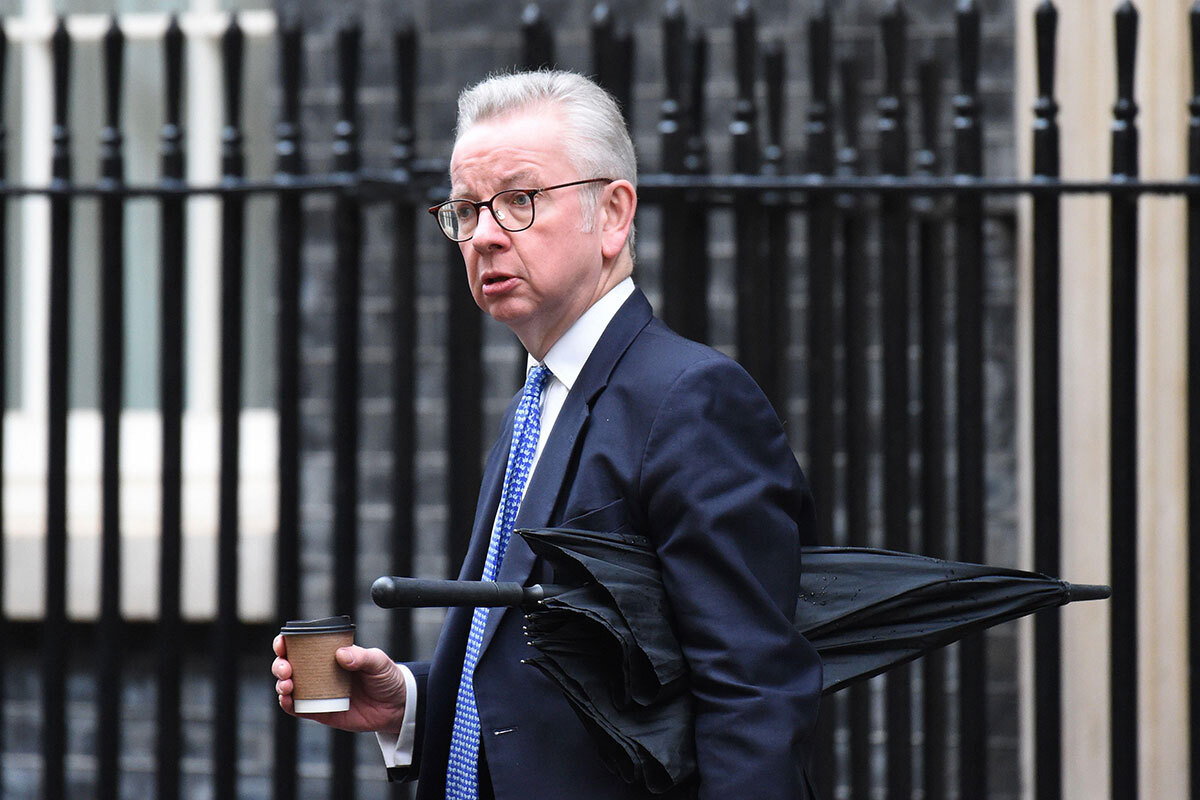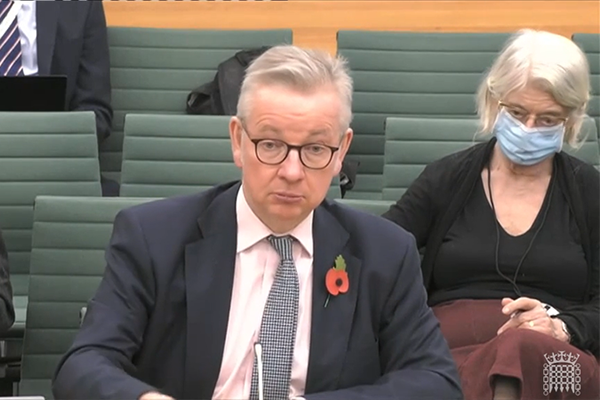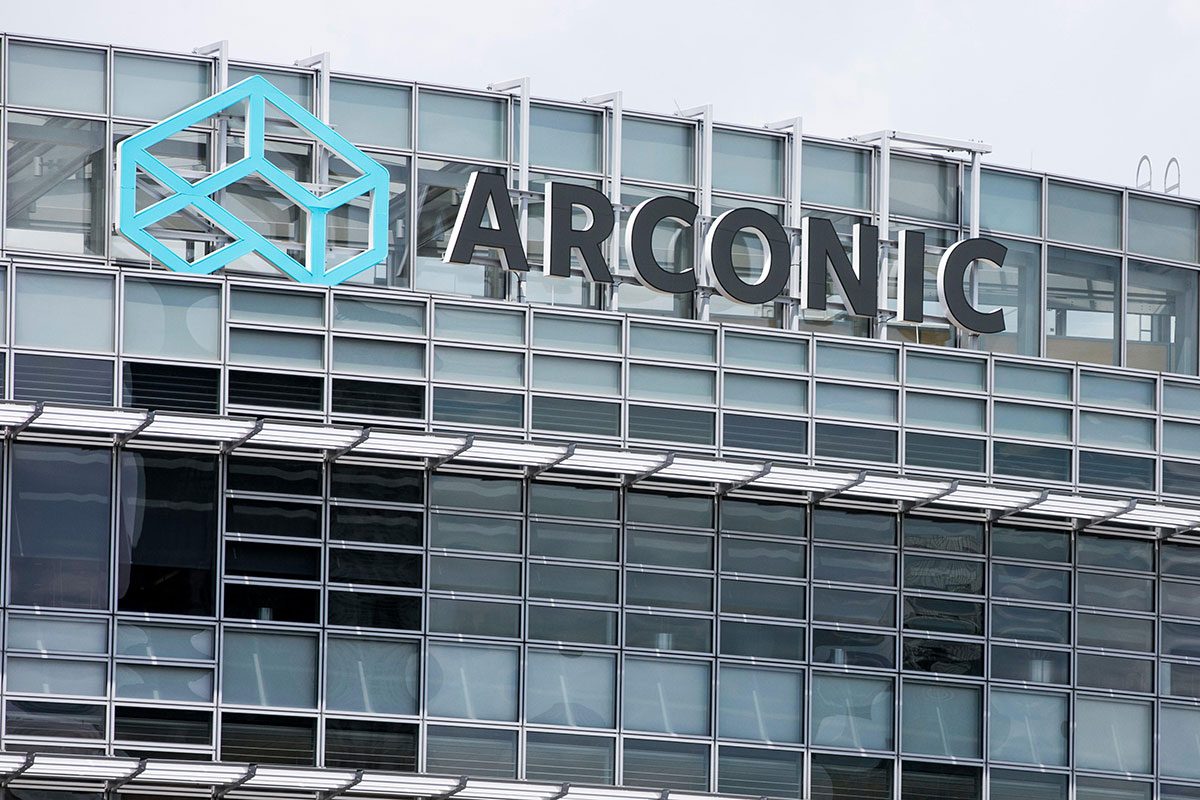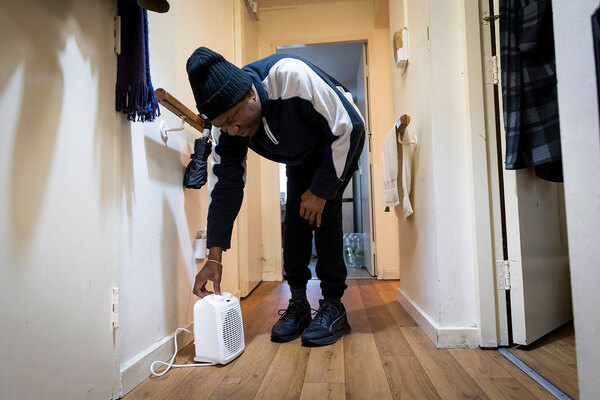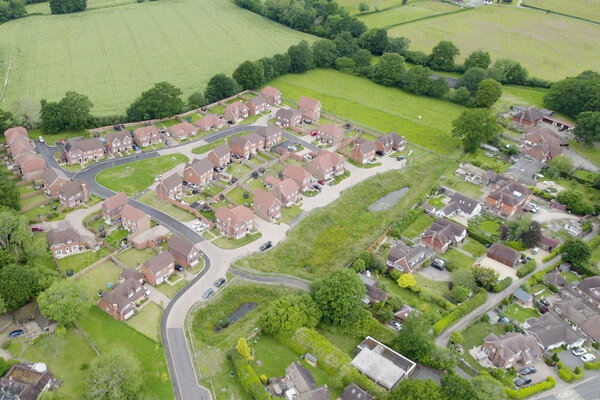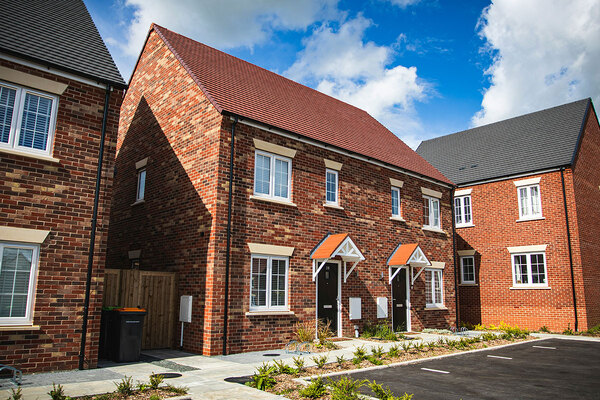You are viewing 1 of your 1 free articles

Jules Birch is an award-winning blogger who writes exclusive articles for Inside Housing
Dear Michael Gove, if the system is broken, who broke it? If there were mistakes and errors, who made them?
Michael Gove’s criticism of housing associations raises more questions about how the government created the conditions for problems to arise, says Jules Birch
It was quite an Easter week for Michael Gove, as he moved into confessional mode, first in a thinktank report and then in a Today programme interview. Through these platforms, the housing secretary left us with the same key message: others made the mistakes that broke the housing model and now he is here to fix things.
Some of what he said is quite true – he has reversed much of the deregulation of the past – but he leaves us with more questions.
What exactly was he admitting to when he referred to “mistakes and errors” being made in the Grenfell tragedy
– and how much of the blame was he really taking for himself and his Conservative colleagues?
After all, Mr Gove was there around the cabinet table when Grant Shapps and Eric Pickles were slashing the social housing budget and introducing many of the changes he has just reversed.
The context was a series of reports that the Today programme ran all week about the lonely death of Sheila Seleoane in her Peabody flat in south London that featured interviews with neighbours, Peabody and, finally, with Mr Gove.
“Who was it that squeezed the finances of council housing and forced housing associations to become more commercial in the 1980s and 1990s? Who created the conditions for the mega-mergers of the past 20 years?”
He said that the case indicates “a wider culture of neglect”. While it was hard to generalise from one individual case (which did not seem to stop him), it raised issues of loneliness and isolation, as well as specific housing questions about regulation, the values of housing associations and support for tenants.
“Each of these individual cases are tragedies. What they all point us towards, however, is what we’ve had in the past of social housing landlords treating tenants with a degree of distance and hauteur and in some cases neglect that is unacceptable,” Mr Gove said.
Presenter Nick Robinson asked him: “You’ve been very critical of giant housing corporations that struggle to have human contact with tenants at all, with one manager for 1,000 tenants. Are you saying we, we politicians, we ministers, created something of the climate you are criticising?”
Tellingly, Mr Gove avoided the question and responded to the statement: “Well, yes, anyone in social housing should have not just a roof over their head but someone to care for them, and that roof needs to be secure, warm and decent and that care and attention needs to be hardwired into the way in which the housing association works.
“There’s been a culture in some housing associations that has tended to put the black and white figures on the accounts ahead of the heart and soul engagement with the residents.”
So was it a mistake to squeeze the finances of housing associations so that they feel they need to get bigger and bigger and fail to look after their tenants?
“No, I disagree with that. I think it’s entirely possible for housing associations – and many do – both to provide new homes and ensure that the homes for which they’re currently responsible are safe, warm and decent.”
Mr Gove admitted there was a need for “a programme of rebuilding”, as social homes built in the 1960s and ’70s neared the end of their lives, but argued there were lessons to learn about the quality of what we build and pointed out that investment at Grenfell had actually put tenants’ lives at risk.
“Who cut investment by two-thirds in 2010, cut rents in 2016 and encouraged landlords to sweat their assets and do more with less? Who was it that denigrated ‘sink estates’? Who wanted to extend the Right to Buy and force councils to sell their vacant stock?”
True, you can invest badly, said Mr Robinson, but if housing associations felt the need to have one manager to a thousand tenants, doesn’t that mean that “more money, much more money, will need to be spent on social housing?”
Mr Gove responded: “Well there are two things. Firstly there is no excuse for neglecting individuals who should be your first care. Resource is not an excuse. We saw that in Rochdale and it was certainly the case in Kensington and Chelsea with Grenfell as well.
“Now, do we also need to build more social homes as well? Yes. And That’s why we’ve taken steps to increase the amount of money councils can keep when they sell social homes so they can reinvest in new homes and we have an £11.5bn Affordable Homes Programme.”
All of these answers have elements of truth, but all of them are partial. Who was it that squeezed the finances of council housing and forced housing associations to become more commercial in the 1980s and 1990s? Who created the conditions for the mega-mergers of the past 20 years?
Who cut investment by two-thirds in 2010, cut rents in 2016 and encouraged landlords to sweat their assets and do more with less?
Who was it that denigrated ‘sink estates’? Who wanted to extend the Right to Buy and force councils to sell their vacant stock?
Who divided society into ‘strivers’ and ‘scroungers’ and introduced welfare ‘reform’ and the bedroom tax?
All of this was said and done by people sat across the cabinet table from Mr Gove.
If he was naming and shaming social landlords, asked Mr Robinson, did Conservative ministers need to take a share of that shame?
Mr Gove said: “Well I’ve already said that we have a responsibility towards those in social housing to do better. I think in particular that what really matters is A) an analysis of the housing market overall in order to work out what it is that needs to change and B) action. And I believe in the course of the last 18 months there’s been more action to support people in social housing under this government than for decades.”
“If there is support for people in social housing, why are we building so few new social homes?”
That was it for the interview, but Mr Gove’s Easter week still left lots of questions hanging.
Take that “broken” housing model, for example, housing ministers have been saying that for years and telling us that the answer is to build more homes.
While Mr Gove pays lip service to the manifesto target of 300,000 new homes a year, his own actions are achieving the opposite. Thanks to his surrender to backbench rebels, 55 councils are already pulling back from local plans, while the number of housing projects receiving planning permission is lower than it has been for 20 years.
If there is support for people in social housing, why are we building so few new social homes?
Allowing councils to spend all of their Right to Buy receipts over the next two years is a welcome move, but this does not change what happened over the past 13 years, let alone the past 40. And there will still be a net loss of stock.
If the focus is (rightly) on support for social tenants, why is there no government funding to regenerate those estates that are coming to the end of their life? Why is the decarbonisation work to deliver homes that are warmer and cheaper to heat only just getting off the ground?
Fixing the errors of the past is a promising start, but rewriting history creates a convenient smokescreen for the mistakes of the present.
Jules Birch, columnist, Inside Housing
Sign up for the IH long read bulletin
Already have an account? Click here to manage your newsletters
